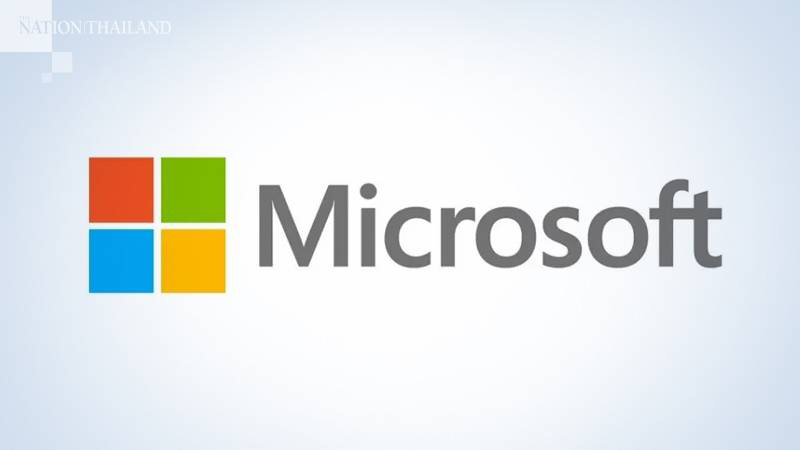Tech leaders say Trump's immigration crackdown will be bad for business

Tech industry leaders are aggressively criticizing President Donald Trump's immigration crackdown, warning the move could prevent them from recruiting the most highly skilled workers from around the world.
Many major companies including Amazon, Microsoft, Twitter and top industry groups came out swinging against Trump's sweeping order to block a broad range of worker visas until the end of the year. The president's proclamation applies to H-1B visas, which many tech companies rely on to bring engineers and other specialized workers to the United States. (Amazon chief executive Jeff Bezos owns The Washington Post.)
Aaron Levie, the chief executive of Box, warned the restrictions could result in the next top tech company developing outside the United States.
The Trump administration argues the order will protect U.S. workers struggling with job losses during the coronavirus pandemic, Washington Post writers Nick Miroff and Tony Romm report. The proclaimation will prevent foreign workers from filling 525,000 jobs, according to the administration's estimates.
But tech executives tell The Washington Post that the order couldn't come at a worse time.
Many tech companies in cloud and big data businesses have not been as adversely impacted by the pandemic as other sectors, especially as many workers log on from home. Companies still actively hiring worry Trunp's immigration order could prevent them from recruiting the best talent.
"My gut reaction was, I cannot believe that that the administration is doing this at this time," Doug Merritt, chief executive of the big data company Splunk, told The Washington Post in an interview. Merritt warned the order could have a detrimental impact on innovation at a critical time during the pandemic, possibly impacting improving technology in health care.
"National borders and country of residence should not be a barrier when this is a global phenomena," he said. "It's not a national phenomenon."
The order only applies to H-1B visa applicants seeking to come to the United States, not workers who are now on American soil. But H-1B visas are key to Splunk's workforce, as the company relies on such visas to sustain more than 300 U.S.-based employees, or 5% of the company's workforce. Splunk could not immediately say how many outstanding offers it has to H-1B candidates who would now be barred from coming.
Amazon slammed the move as "short-sighted."
"Preventing high skilled professionals from entering the country and contributing to America's economic recovery puts American's global competitiveness at risk," Amazon spokesman Brandon Scheller told The Post in a statement.
The order is a clear blow at the tech industry, which has aggressively lobbied the White House on immigration.
Immigration policy has been one of the top tension points between the Trump administration and tech companies. Since Election Day 2016, tech industry executives and investors have fretted that Trump's anti-immigration rhetoric would result in policies that could adversely affect their recruiting efforts.
Tech companies have deployed a variety of tactics to fight the most aggressive of Trump's immigration policies. They've actively opposed some of the administration's early travel bans, as well as efforts to restrict Deferred Action for Childhood Arrivals. Apple chief executive Tim Cook has also directly appealed to Trump on the issue.
Such restrictions on immigration run counter to the tech industry's core values.
Many of the top companies in the tech industry have founders or core executives who are immigrants or the children of immigrants. More than half of the top American tech companies were founded by immigrants or the children of immigrants, tech investor Mary Meeker said in her 2018 report on the future of the Internet.
"Our business is all about getting the most talented technical team in the world together, and so we rely a lot on foreign visas," Okta chief executive Todd McKinnon said in an interview. McKinnon estimates hundreds of the company's 2,500 workers are on such visas, underscoring how vital they are to the business.
To be sure, the broad shift to remote work during the pandemic could make it easier for some companies to adapt to Trump's order.
McKinnon said Okta's move to remote work has been accelerated by the broad stay-at-home orders. He said that could actually make it easier for some potential recruits to log on from outside the United States than before, adding he'll be letting applicants and employees concerned about the immigration crackdown know that could be an option.
"It gives us an option in terms of getting top technical talent, even with these kinds of restrictions," he said.
